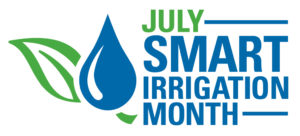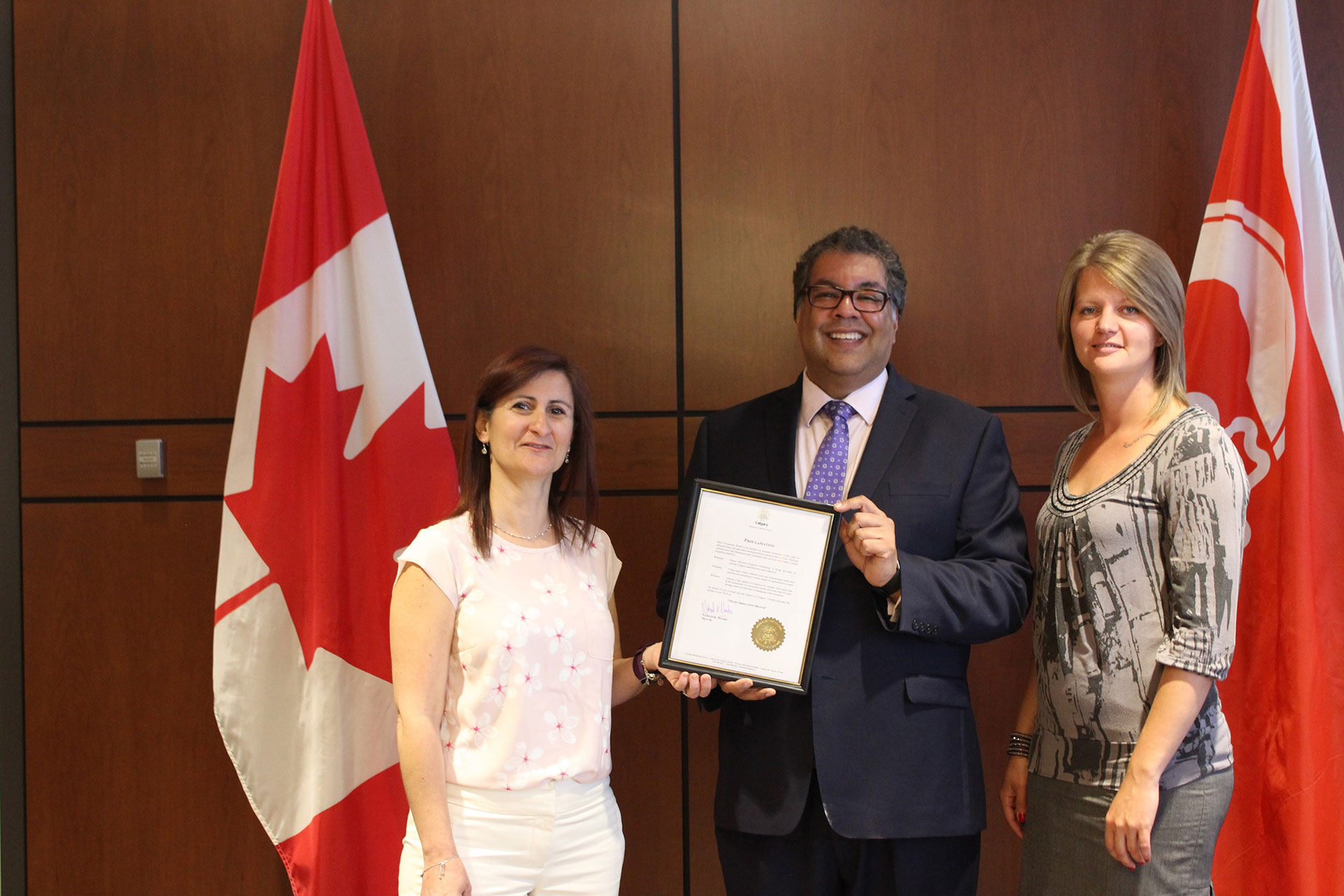Smart Irrigation Month
What is Smart Irrigation?
Be a Smart Irrigation Expert
Automatic irrigation systems offer convenience and control in protecting your landscape, keeping it healthy and beautiful and allowing for your enjoyment of this space. However, many property owners tend to overwater their landscape and waste water through inefficient habits. Adopting water smart habits is essential to maintaining and extending your community’s water supply, especially during the warm summer months.
The key to efficient outdoor irrigation is applying just enough water, only when necessary and making smart landscaping choices. Smart water habits will result in a healthier lawn and landscape, conserves water and can help reduce your water bill.
Learn more about what you can do to have an efficient irrigation system, save water and money, and have a healthy, beautiful landscape.

Getting Started
Hot, dry and arid sums up the average summer in southern Alberta. An automatic irrigation system is the most efficient way of watering your landscape, but if your system is not set up correctly, it can lead to overwatering and water waste. A properly designed and installed system will have a control panel that will be easily programmed to start the system during the cool, least windy part of the day, and can be easily adjusted for seasonal changes. Installing the system right the first time, will ensure you are efficient in the future.
Get your system designed by a professional
The design of your irrigation system is extremely important and a certified irrigation designer (CID) will consider all landscape variables, including plant material, soil types, and directional exposure.
Get your system installed by a professional
The installation should be completed by a certified irrigation contractor (CIC) who will ensure your system meets the requirements of your municipality, and industry standards.
Get a quote and know what is being installed
Reputable companies will give you a written quotation outlining what they will be including in your system, and they will include specifications of the products they will be installing, ensuring you are educated on the equipment being installed. Always ask for water efficient products to maximize your water savings.
Hire certified
Find a certified irrigation professional near you to get the job done right.
Limited budget? You can still irrigate efficiently
Buy the most effective sprinkler that works on a hose, and place it on a timer so that it waters only for the required amount of time during the early morning hours. This will require moving the sprinkler around every night so you are able to water your entire yard at the best possible time of day.
Be a Smart Leader
Do your customers understand that efficient irrigation can save water and dollars? Become part of the Smart Irrigation Month campaign and position your company as a leader in water-saving practices with customers, business partners and peers. Whether your business is big or small or focused on agriculture, turf and landscape, or golf applications, there are many ways to participate in the Smart Irrigation Month campaign.
Promote
the benefits of smart irrigation with new social media graphics that can be customized to meet your needs.
Add
the new social media cover photos to your company profile or individual page.
Display
the Smart Irrigation Month logo on your website, email signature, ads, customer presentations, field signs, invoices and more.
Include
an article on irrigation best practices in your company newsletter.
Encourage
sales and marketing staff to participate in dealer and distributor Smart Irrigation Month activities.
Host
a live demonstration of water-saving irrigation technologies in the field or at your location.
Feature
water-efficient products and services in displays, ads, promotions and product demos with the Smart Irrigation Month logo.
Use
a banner, outside signage or counter sign to encourage customers to ask about how smart irrigation can save water and money.
Give awards
to customers and/or business partners who promote water-efficient practices.
Encourage
customers to make existing systems more efficient with easy retrofits, like rain sensors, moisture sensors and pressure regulators.
Be an advocate for Smart Irrigation!
Each year the CPCIA brings public awareness to water use efficiency by encouraging city, provincial and federal governments to recognize Smart Irrigation Month.
This promotes the need for effective water management, helps educate citizens about local water issues, highlights community specific solutions to addressing water management and encourages homeowners, businesses, farmers and other water users to maintain and improve their irrigation systems.

Mayor Nenshi Proclaims July 2018 "Smart Irrigation Month"